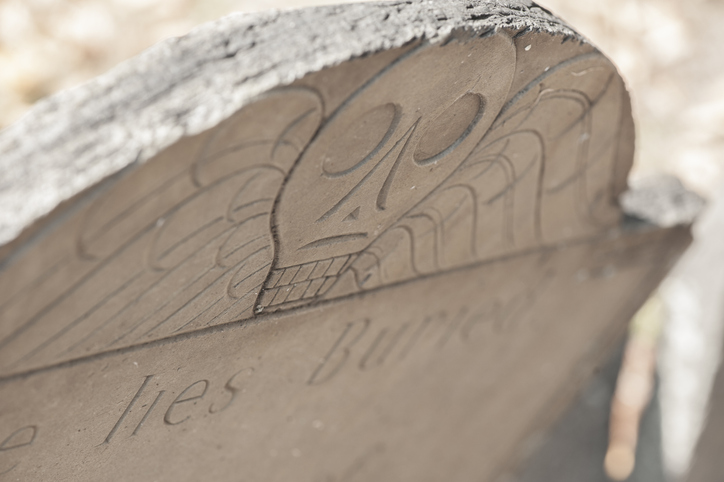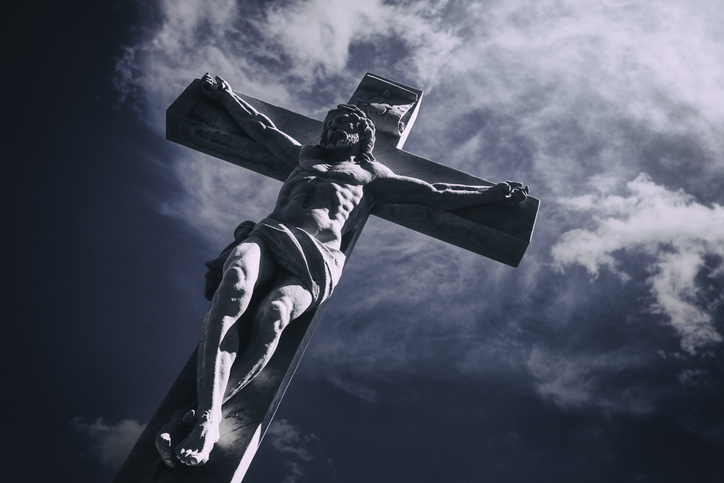We are all paralyzed. Not necessarily in the physical sense but mentally, emotionally and spiritually.
Paralyzed by fear. By tragedy. By anxiety. By overthinking. By addiction. By sin. By Satan. On purpose or by accident, we are paralyzed. And sometimes we are even paralyzed by hope. By joy. By faith. By love.
Today’s Gospel offers hope for all of us: the healing of the paralytic. Three different aspects of this passage stick out to me.
One, Jesus was starting to attract so much attention that throngs of people came to hear Him preach, even the religious authorities and scholars who criticized Him. The paralytic couldn’t even get close to Jesus if he tried. Without the help of his friends who opened up the roof and lowered him down to the Lord, the paralytic would not have been healed and forgiven.
Strong relationships are essential to living the Christian life. Between our families, friends, colleagues, etc., our relationships can either bring us closer to God or tear us away from Him. But relationships run both ways. We ourselves need to be good family members, friends, colleagues, etc. in order to bring others to Jesus through our words, our actions and, most importantly, our love.
When we are paralyzed, we cannot approach Jesus on our own so we must rely on others to help bring us to Him. Trusting others is hard, especially with the deepest and darkest parts of our lives, those things that paralyze us, but coming to Jesus is always worth it in the end.
Two, Jesus first forgives the sins of the paralytic. As a result of their faith (the paralytic and his friends), Jesus says, “Child, your sins are forgiven.” Jesus has the power to forgive sins, not just heal which He had been previously doing (see Mark 1:21-45).
The scribes who were sitting among the crowd, scholars of the Mosaic law who studied Scripture, they knew that no human had the power to forgive sins and so they questioned Jesus’ words in their hearts. They were unaware of His full humanity and divinity. But Jesus knew exactly what they were thinking which led him to…
Three, Jesus poses a question of “which is easier, to say to the paralytic, ‘Your sins are forgiven,’ or to say, ‘Rise, pick up your mat and walk’?” After which, He tells the paralytic to do exactly that. Jesus does the harder thing of healing the paralytic to prove that He can do the easier thing of forgiving sins.
Forgiveness is the cure for paralysis. When we are so paralyzed by fear and sin, we have the opportunity to receive God’s great mercy and forgiveness in the Sacrament of Reconciliation. All we need to do is approach Him, sometimes with the help of others.
I invite you to name your fears, what is paralyzing you and keeping you from God, and take it to the Lord in Confession. Bask in His love and grace. And when we are paralyzed again, may we remember that freeing feeling we have when we step out of the confessional and use that power and strength to begin the healing process again.

Erin is a Parma Heights, Ohio, native and a 2016 graduate of Franciscan University of Steubenville. She uses her communication arts degree in a couple of different ways: first, as an Athletic Communications Assistant at Baldwin Wallace University and, secondly, as a youth minister at her home parish of Holy Family Church. Although both of her jobs are on complete opposite spectrums, she truly enjoys being able to span the realm of communications. You can follow her on multiple Twitter accounts – @erinmadden2016 (personal), @bwathletics (work) and @HFVision (youth ministry).






